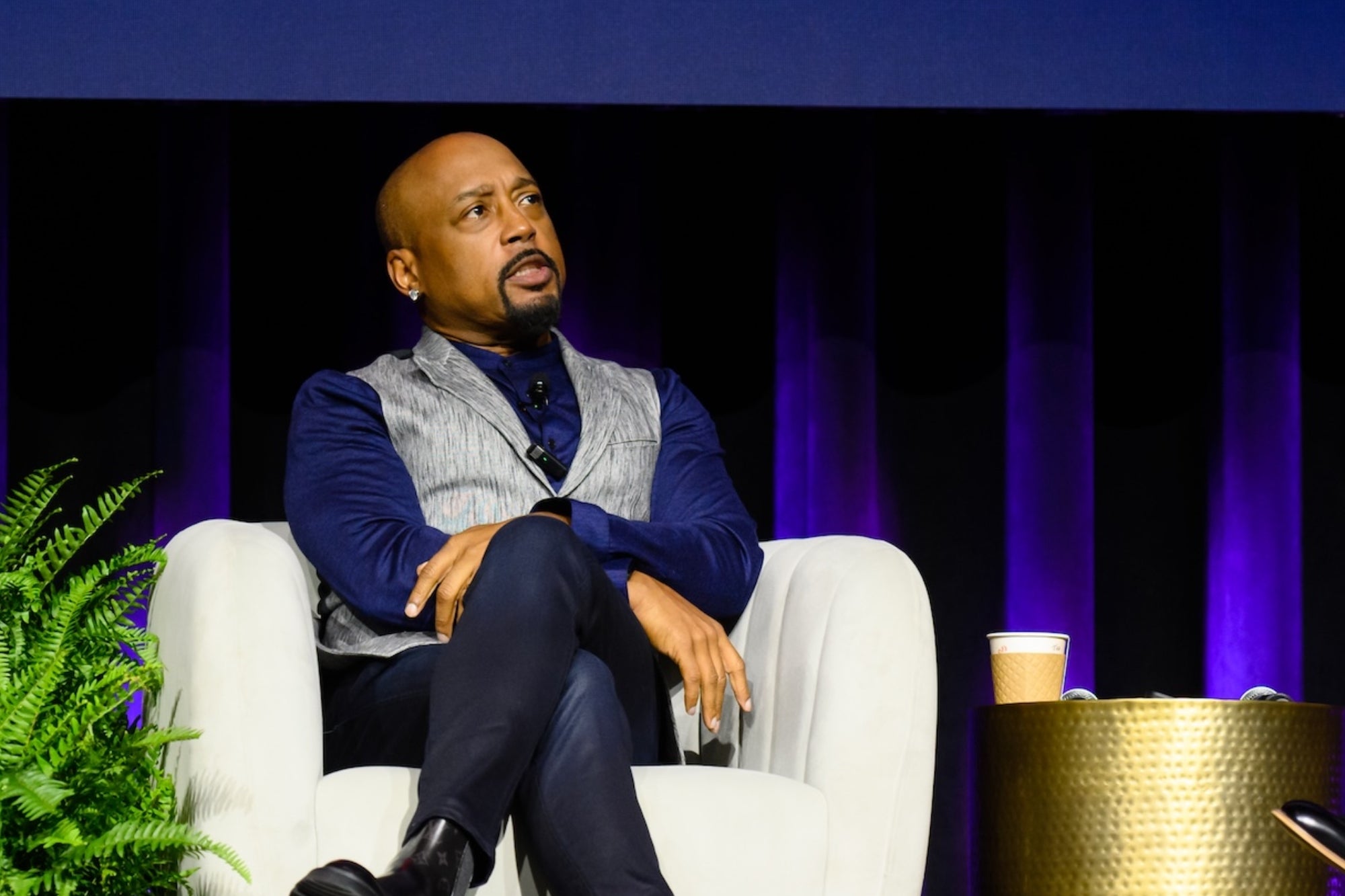Taking On An Existing Business? Take This Advice To Heart. Don't prove too much, too soon.
By Andrew Parks
This story appears in the November 2016 issue of Entrepreneur. Subscribe »

Is your business under new ownership? These entrepreneurs who bought existing businesses share how they made updates while keeping loyalists happy.
Drive-In
Case study: Chris Baggott, new owner of The Mug, Greenfield, Ind.
Why buy? "We started Tyner Pond Farm [and were] selling out of pasture-raised pork chops, bacon and steak -- but were left with a surplus of lesser cuts such as ground beef. The idea with The Mug was to give us an outlet for all that stockpiled hamburger."
What was your vision? "It shifted from "How do we move our surplus hamburger?' to a place where we captured the heritage of an Indiana drive-in, but with a modern farm-to-curb spin and recipes that are both familiar and special."
How'd you approach changes? "People had so much nostalgia for the place, we wanted to keep the drive-in vibe. My mother-in-law and others volunteered to be carhops, like in the '50s! The old restaurant had a Facebook page, so we explained what we were doing and why. The respect from fans translated into engagement."
Can you please everyone? "Many think "local' or "farm to table' is just for wealthy people. But because we're vertically integrated with our farm, we're able to keep prices competitive. Our signature quarter-pound burger is only $4.75, comparable to $9 from a traditional outlet. About 40 percent of our customers don't even live in Greenfield."
Convenience Store
Case study: Jeff Barney, new chef/owner of Saxapahaw General Store, Saxapahaw, N.C.
Why buy? "The draw was doing great, no-frills food in an unassuming location -- a gas station! [The original also served food.] It's in the midst of local farms, where we would get our meats and vegetables."
What was your vision? "A store like ours -- convenience mixed with groceries -- has a community responsibility. There's a school next door, and we serve lunch, charging a minimal amount relative to the high quality of food, because we believe food is essential to child development [and] that farmers are the backbone of our economy."
How'd you approach changes? "Our change was incremental -- first a formal breakfast, which grew into lunch, which grew into dinner. Then we started to make changes based on people's daily needs in our rural community. The fact that we've kept gas and staples as well as hot dogs, pizza and barbecue sandwiches at great price points has been highly appreciated."
Can you please everyone? "At first, the convenience-store element took a little hit because we made it clear that racially disparaging remarks and jokes would not be welcomed here. We really wanted to be an inclusive food experiment, so we kept the convenience vibe while adding on good, whole-food choices. We more than made up for what we lost."
Dive Bar
Case study: Alexandra Wendkos, new co-owner of Dino's, Nashville
Why buy? "I had been to Dino's before, but I never frequented it because of the smoke, rats and characters that would hang around. However, all these things created a reputation and a name for Dino's."
What was your vision? "Keep the cheeseburger, add a few more diner favorites, turn the lights down and keep prices the same. After six to eight months, we added liquor. I was hesitant, because I didn't want it taking away from what Dino's had been -- the oldest beer bar in East Nashville. Turns out, liquor was the best thing we could've done."
How'd you approach changes? "The approach was slower in the beginning because I was sensitive to the fact that people really cared about this Nashville staple. Like them, I didn't want it becoming something it wasn't. With time, more people became comfortable. The bones were there; it just needed a little muscle and fat to get where it needed to go."
Can you please everyone? "People have appreciated the laid-back space we provide, and the $3 PBR tallboys! Entrepreneurs looking to relaunch a business should keep it simple. Embrace the history, take it slow and be honest. Don't try to prove too much too soon. By being gracious and giving it time, the changes won't seem like changes at all."










